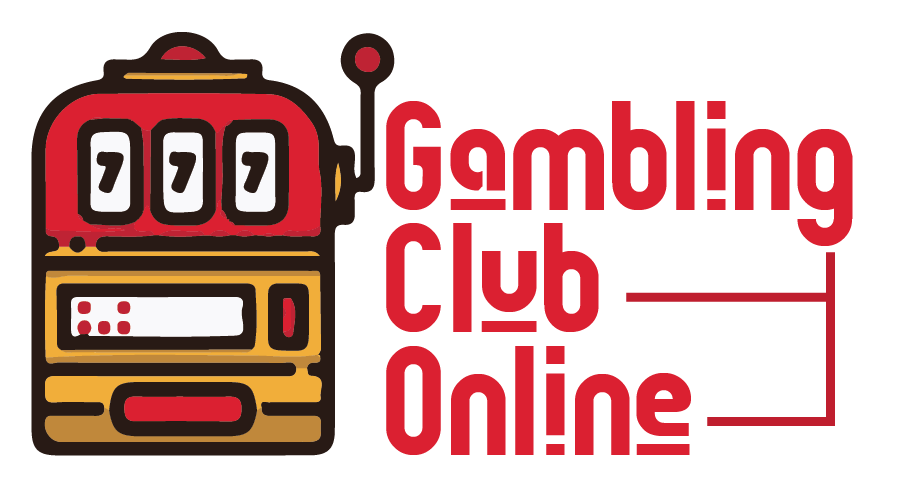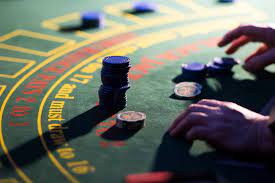Self-Exclusion – A Responsible Gambling Strategy
Self-exclusion is a key element of responsible gambling that involves setting strict financial and personal limits to protect gamblers against addiction, seeking help for underlying issues and being exposed to illegal gambling activities with potentially disastrous financial results.
This study compares Spelpaus data with previous studies of self-exclusion services and explores participants’ experiences and perceptions when using self-exclusion services. Furthermore, this overview also presents available resources for problem gambling.
It’s a form of self-regulation
Researchers are curious as to what motivates gamblers to enroll in self-exclusion programs as this behavior reveals treatment-seeking behaviors. Furthermore, casinos’ implementation of such bans could negatively affect customers’ financial, personal, and family relationships. A recent study has found that gamblers enlisting in these programs are driven by weighing the pros and cons of gambling before wanting more control over their gambling habits.
Success of self-exclusion programs generally depends on how aggressively a jurisdiction enforces these prohibitions. Furthermore, voluntary self-exclusion should be linked with additional help such as counseling or telephone support services to ensure gamblers recognize the danger of their behavior and take steps to change it. Mahatma Gandhi once noted: ‘the true measure of a society lies in how it treats its most vulnerable members.” This sentiment provides gaming regulators with guidance in finding an equilibrium between increasing revenues while safeguarding vulnerable citizens.
It’s a form of self-control
Self-exclusion is a method of self-discipline designed to prevent you from gambling at casinos or other land-based gambling establishments. To join a voluntary self-exclusion scheme, meet with an administrator and fill out a form, followed by providing government issued photo identification such as driver’s license as a form signature and photograph submission – this way the administrator will notarize it and take photos at once! You can drop off completed forms during office hours as well.
Studies have shown that self-exclusion alone is ineffective at preventing gambling relapse, due to weak motivation to implement self-exclusion among gamblers and insufficient support from gambling operators in providing responsible gambling tools and supporting responsible gambling strategies. Many participants felt gambling operators weren’t doing enough to promote and support responsible gambling tools and many were pessimistic about gamblers initiating self-exclusion on their own, suggesting more research needs to be conducted into ways of increasing its effectiveness.
It’s a form of self-protection
Self-exclusion is a voluntary process that allows people with gambling addiction to restrict access to casinos they frequent, in order to reduce gambling-related issues such as family tension and reduce family conflict. Unfortunately, many gamblers fail to utilize this tool due to unawareness about available self-exclusion services.
Hing and Nuske’s study participants noted that low publicity and limited information available about self-exclusion programs was an impediment to enrollment, thus acting as an impediment to enrollment. They recommended gambling operators actively promote self-exclusion programs to emphasize its benefits; including addressing stigma surrounding problem gambling as a shared experience which does not reflect an innate defect within individuals themselves.
Initiatives also include advocating responsible gambling messaging that stresses the risks associated with gambling problems, as well as offering support and counselling resources that allow individuals to move from problem recognition to ongoing treatment and rehabilitation.
It’s a form of self-assessment
Self-exclusion programs allow those with gambling issues to voluntarily opt-out of casinos, Internet gaming sites and video gaming terminals voluntarily in order to remove themselves from temptation and improve quality of life. Such programs have become more widespread throughout the U.S.; however they still have work to do.
Recent research, however, discovered that many self-excluders relapsed despite being restricted from all gambling operators. Furthermore, most who breached their self-exclusion did so via gambling online – these findings are consistent with other studies which revealed high rates of breaching and relapse among psychiatrically comorbid people.
Another key to responsible gambling is viewing gambling as a form of entertainment rather than as a source of income. People often become addicted to gambling when using it as an income source instead of enjoying its excitement and thrills as intended.




